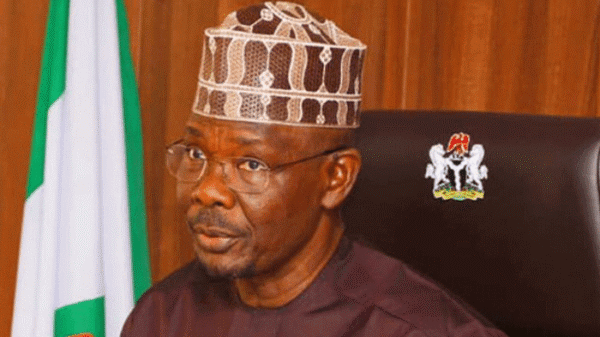In a move to enhance Nigeria’s digital infrastructure, MTN Nigeria has announced the construction of West Africa’s largest data centre.
This new facility, a 1,500-rack, Tier 4 data centre, is set to play a pivotal role in meeting the growing data demands and digital needs of businesses and consumers across the country.
MTN’s Chief Technical Officer, Mohammed Rufai, shared details of this project in a recent interview.
Rufai highlighted the critical need for expanded data processing capabilities, driven by significant growth in data usage and the emergence of new services.
“We see a high demand in the market, with data usage growing significantly. To cater to this demand and prepare for future growth, we are expanding and modernizing our data centre capacity now. This is to ensure we are ready for expansion at the right time,” he explained.
The new data centre will support MTN’s infrastructure and serve as a vital resource for businesses across Nigeria. “Businesses that require data centre capacity can now forgo maintaining their server rooms.
“Our facility will provide the space and services needed, enabling companies to digitalize their operations and improve efficiency,” Rufai noted.
The data centre will also enhance the delivery of content from major tech companies like Meta and Google, bringing content closer to Nigerian users and improving access speeds. This local hosting of content will significantly boost user experience and network efficiency.
The project is not just a technological investment but also a catalyst for economic growth. By providing scalable and adaptable infrastructure, it will enable businesses, particularly MSMEs, to leverage cloud services and other digital solutions.
This, in turn, will drive innovation, efficiency, and competitiveness across various sectors of the economy. Rufai emphasized MTN’s readiness to partner with startups and MSMEs, offering numerous opportunities for collaboration, particularly in cloud services.
Aligned with MTN’s Ambition 2025 strategy, the data centre signals the company’s commitment to Environmental, Social, and Governance (ESG) goals. The facility will eventually utilize efficient cooling systems and a combination of traditional energy sources, gas and renewable energy.
This will significantly reduce its carbon footprint. Rufai stressed the importance of these measures, noting that “up to 60% of the power consumption of a typical data centre in our clime is for cooling. Our highly efficient systems will ensure we meet our sustainability targets.”
As Nigeria’s digital landscape advances, the new data centre marks a significant milestone. It captures a continued drive for innovation, quality, and growth, fostering a connected, modern life and aiming to provide improved services, economic benefits, and a strong digital infrastructure for the future
![]()





























































